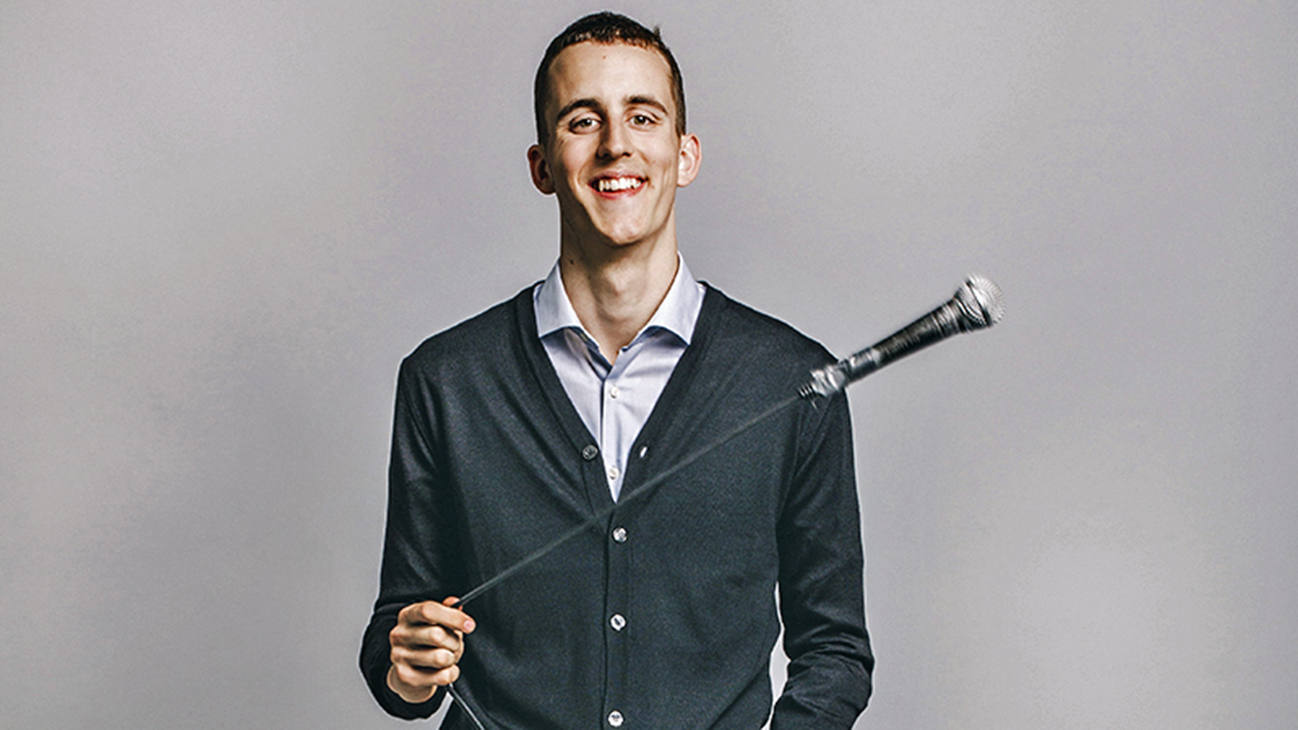Today is Bell Let’s Talk Day.
Over the past couple of years, I’ve had the wonderful opportunity and privilege to be involved with this campaign as it generates awareness and funding for mental health. Of course, a lot of people are familiar with the large media push that is created around Bell Let’s Talk Day and the countless organizations and individuals who lend their voice in support.
But what people might not be familiar with is the level of impact the campaign makes when the lights go off and the cameras stop rolling.
When it comes to mental health, in my own experiences, there has always been two unique challenges: dealing with the internal feelings of stigma and societal shame, and getting the help that you need to be able to move forward in your life.
The beautiful thing about Bell Let’s Talk Day is it deals with both. This conversation has evolved to a point where it’s become the permission slip for everyone to be able to talk about their mental health, in an open and honest way. And while that might not sound like an incredibly big deal, it is. In fact, it can be life changing, and even life saving.
Because the thing so many people forget about is the fact that depression, anxiety, addiction, and suicide are things that thrive in the darkness. In solitude. In shame. When we feel deeply alone in our problems, when we feel ashamed of what we are experiencing, we hide from the world. We don’t speak out. We don’t ask for help.
And, inevitably, the consequence of this is that we spiral lower and lower. Until it feels almost impossible to do anything other than give up.
I’ve been there. And because of this campaign, I’ve been fortunate enough to speak to thousands of people who have also been there. I’ve looked in to their eyes, I’ve seen the way their faces change when they talk about counseling they’ve received or the compassion and understanding they’ve experienced from a total stranger — all because of this initiative.
And it matters. It makes an enormous difference. It shapes the way forward for people and their lives.
Because underneath the amazing, beaming positivity and optimism of Bell Let’s Talk Day is a much darker, more difficult conversation: we lose people every single day in this country to suicide. For young people, it’s the leading cause of death far above car crashes, drug overdoses, or violence.
And, by the same grace I’ve been able to meet many people whose lives have been altered for the better, I’ve also had the opportunity to meet hundreds of parents who have lost their child to suicide. I’ve met people who have lost their partners, their neighbours, their best friends, their teachers, their mentors.
And I’ve looked in their eyes, and I’ve seen their faces. And it’s incredibly difficult to describe what that pain is like. It’s unfathomable. It’s undeniable. It’s something I hope you never have to experience.
And that’s what sits underneath this conversation — people are in pain. This problem is far from solved. This issue is not something we simply talk about for 24 hours and then move on from. It’s something we all need to bring forward in our own lives, every single day.
But the good news is, I think it’s starting to happen.
And if days like today serve as a reminder of anything, it’s the scale and the surprising amount of empathy, kindness, hope, and belief that’s possible for us to all tap into.
If Bell Let’s Talk Day is anything, it’s a permission slip to have the most important conversation we often forget to have. But it’s also a reminder, that we have the capacity to play a part in changing the conversation, our communities, and our culture.
When we use our voice, people hear us. And there’s a lot of people who are grateful for you speaking up.
Thanks for being a part of it.
Kevin Breel’s TEDx Talk, “Confessions of a Depressed Comic”, has garnered more than four million views, making it one of the most watched TED talks ever on mental health. His honest and humorous take on his first-hand experience with depression, and his message of ending the stigma around mental illness, resonates with all audiences.
Interested in learning more about Kevin and what he can bring to your next event? Email us at [email protected].




